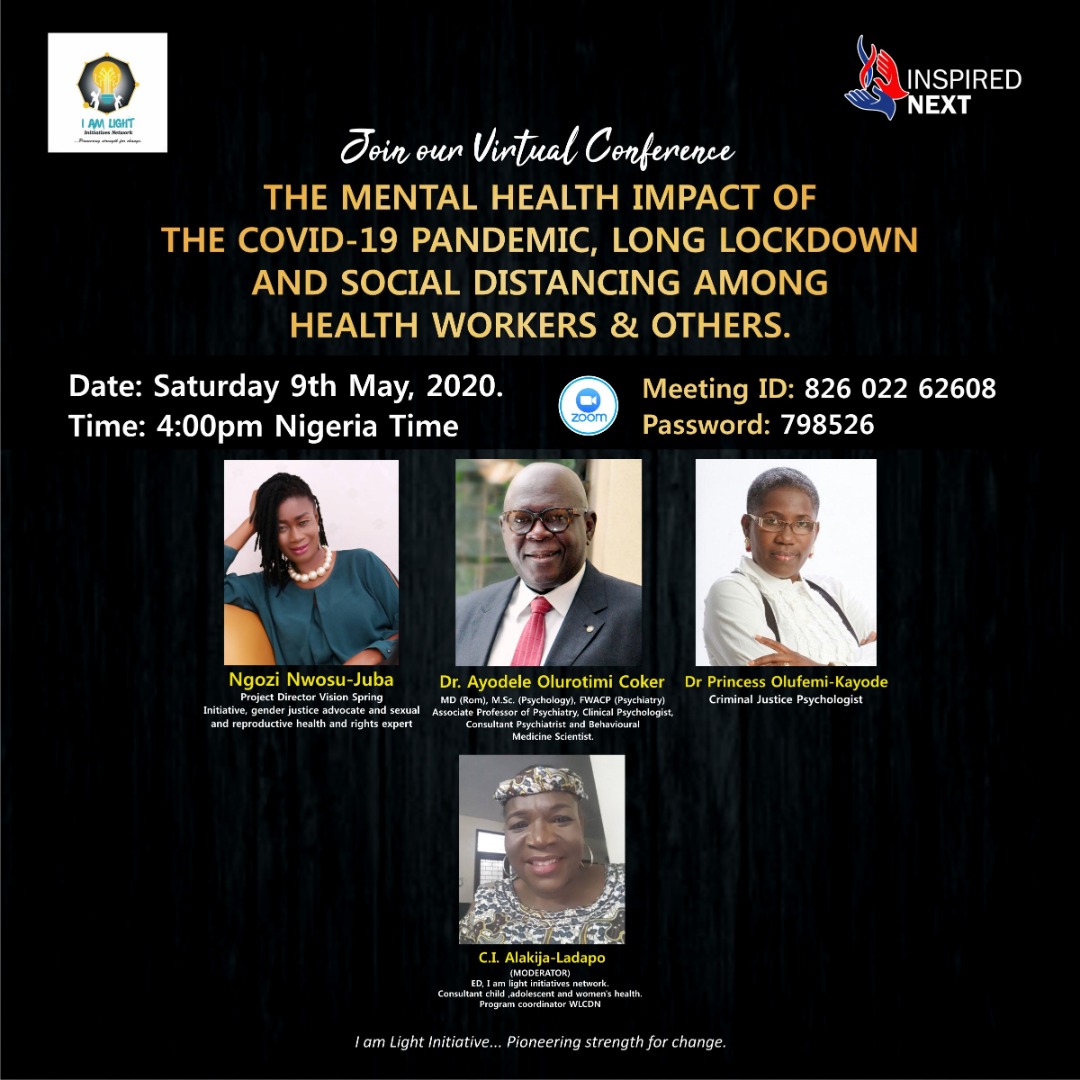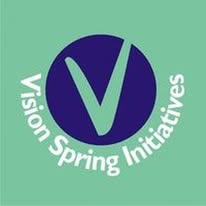
‘As a young person with goals and aspirations set at the beginning of the year I never imagined that a time will come when I will not be able to leave my house-This still seems like a dream I am yet to wake up from’
Elizabeth Talatu, SRHR youth advocate
This is the story of many young persons during this period of the pandemic
The Pandemic took the world by surprise, but what has been different is the ways countries have responded to it. Young people constitute 18 billion of world’s population and 90% live in developing countries.
What has posed challenges in handling the pandemic?
Young people in Nigeria were never exposed to online learning. The worse hit are people in the rural communities-during this period young people especially in Northern Nigeria and states such as Bornu where insurgents have destroyed livelihoods have been cut off from learning. Kano state and indeed many other states in Nigeria have no portable water, washing of hands is even a challenge.
A few sexual and reproductive health and rights youth friendly facilities have been shut down. The new focus is on how to end the covid-19, with total neglect of the SRHR needs of young people. During this period two adolescent girls reported to Vision Spring Initiatives that they are pregnant and only got to know during the lock down. There must be other cases of unplanned pregnancies. There is acute shortage of SRHR services. Many aspects of lives have been brought to a halt!
There has been increased incidence of gender based violence. Many Women and girls are locked down at home with perpetrators; husbands, brothers, neighbours and boyfriends. There is currently no means of accessing the few shelters around Nigeria due to the difficulty and imposition of lock down and the fear of infecting those at the facilities. Perpetrators cannot be taken to police stations due to lock down. Life practically came to a halt. The statement by the president on distribution of palliatives mentioned 30% for widows, 30% for single mothers, 30% for persons with disabilities and 10% for all other categories of citizens; unfortunately young people who might become sex objects during food shortage were not taken into consideration.
Many civil society organisations that can move around and respond to cases of violence against women or offer basic mediation roles were not issued with government authorised passes to facilitate movement and intervention.
What should be done moving forward?
The sexual and reproductive health and rights needs of young people must be prioritized. There must be knowledge building that emphasizes self-care and access to youth friendly centres with adequate instructions on how to stay safe-a number of civil societies provide robust SRHR services in the country and can function effectively during lock down with adequate information and guidance.
Nigeria must begin to focus on and leverage on-line learning as a means of ensuring that communities are not cut off during emergencies such as the one presented by Covid-19. Radio and television must become new ways of learning. This can only be made possible by uninterrupted electricity supply to ensure that homes in rural areas benefit.
Civil society organisations working with agencies such as the Domestic and Sexual Violence Response Team of the Ministry of Justice should be issued passes (government movement authorisation) to enable them perform their role of responding to survivors of violence.
There is an urgent need for census. The UN’s estimate of Nigeria at 200 million is not enough. The real population of Nigeria must be ascertained to enable adequate planning. This will be followed by development of social register in all states to determine how many Nigerians are living with disabilities, how many are widow/widowers, how many are out of job, how many are in the formal and informal sector.
Funding support received during the Pandemic should be transparently utilised so as not to leave room for speculation; this can be achieved through setting up a monitoring agency to monitor spending.
Young people such as youth coppers and other groups within religious spaces should be part of government planning Committee during emergencies and on all other situations that might affect their well-being.
Private sector should be more involved; telecommunication companies, Cable TV providers Media outlets, banks, and others should contribute towards helping alleviate the sufferings of the populace.
Civil society groups, faith based groups and others in humanitarian service should partner with government in tackling challenges posed by the pandemic.
Contributed By:
Ngozi Nwosu-Juba
Project Director, Vision Spring Initiatives.
